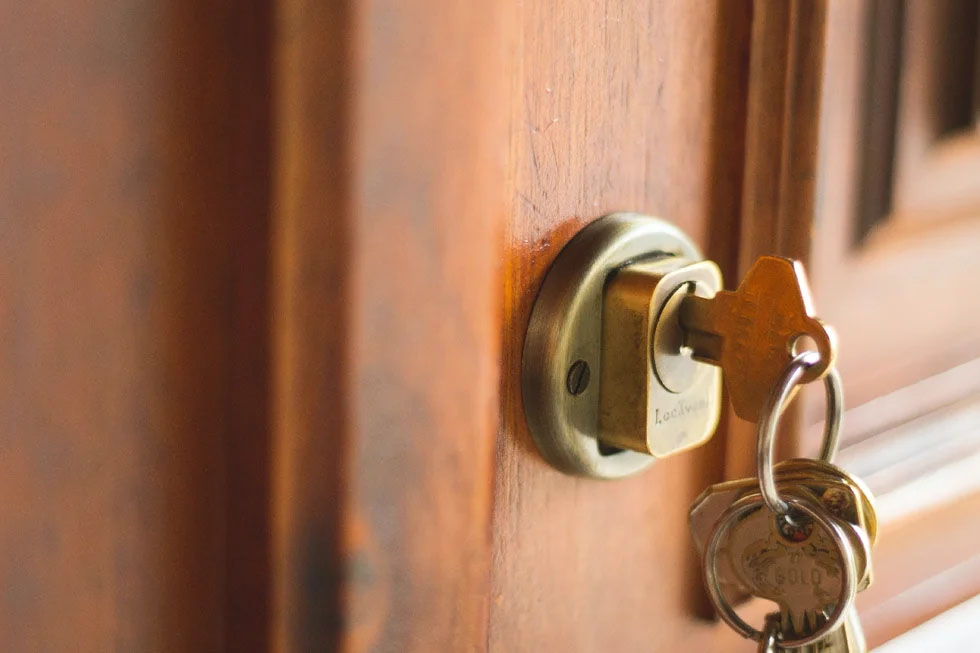What Causes Vacancy Loss?
When it comes to rental properties, it is well known that long-term tenancies and good tenants are assets. The cost and the headache of vacancies and high turnover are well documented and are major determining factors in the profitability of your units.
So how does taking care of your tenants take care of you in the long run? You can see this by breaking down the costs associated with a unit with tenants that don't care. Tenants that don't care lead to more costs than the damage they create in the unit.
Here are six specific areas that showcase why it pays to care for your tenants.
6 Major Costs That Come with Vacant Units
Property Rehabilitation Costs
Rehabilitating your property after a tenancy can be very expensive. Even in units that don't have a lot of significant damage, there are lots of small and medium costs that add up… quickly. If you have a lot of turnover in your rental property, these costs compound.
If a unit has one tenant for five years and another has five different tenants over five years, the cost of operating the unit with a high turnover will be much larger than that of one tenant. If you were to keep one tenant for over five years, the money you would save by not having to incur the turnover costs could even pay for an upgrade that could dramatically increase the value of your rental property.
Consider this list of expenses that come with rehabilitating your property.
Clean the carpets
Professionally clean the entire unit
Paint and repair any chips or damaged paint
Repair any holes or dings in the drywall
Door and window seals or screens
Minor repairs like closet doors or hardware for drawers and the cupboard.
Whatever else makes it on your punch list of items to complete before the unit is ready
Ongoing Carrying Costs
For every property, there are carrying costs associated with the unit. These expenses don't fall on the landlord when the unit is rented because these costs belong to the tenant. When a vacancy occurs, the only person left holding that bill is the landlord, and these bills can also add up quickly.
Utilities such as gas, power, and water are still ongoing expenses.
Any lawn care and yard maintenance need to be kept up to date (especially since the units will have viewings with potential tenants).
Cleaning is another expense if it is needed. This is particularly important in areas with a lot of wind or dust.
Upkeep and oversight of a vacant unit also carry a price tag. This is for security guards or maintenance crews that check on the unit. If your unit is somewhere that has freezing temperatures in the winter, this is critical.
Hidden Costs
Other ongoing costs come with an empty unit. The rent covers these costs when tenants are in the unit, but when there is a vacancy, these costs fall back on the landlord. These costs can include the following:
Mortgage Payment While Vacant
Insurance
HOA Dues
Taxes
And more!
Cost to Find New Tenants
These costs can spiral upwards very easily. The amount of time, effort, and actual money that goes into procuring new tenants is, at the very least, significant, and they can be astronomical. These costs can be divided into two groups. The Monetary Cost and the Time Cost.
The Time Cost: This is all the time you spend finding a new tenant. Interviews, viewings, administrative time processing applications. All of this time costs money.
The Monetary Cost: These include procurement costs, rekeying the locks, paying for inspections, logging inspection photos, etc.
Catching Up on Deferred Maintenance
There are always hidden and unexpected costs related to deferred maintenance issues. Instead of being able to pass these costs along to the tenant (if they were their fault), these costs are now the landlord's.
Danger and Stress of Unoccupied Property
Some dangers are more likely with an empty unit. Vandalism is more likely, as well as the chance of a break-in or theft.
Other costs come with applicant denials, tenants that fail to move in when they were supposed to, new tenants that are not as good as the previous ones, or administrative mistakes during the application process.
Lastly, the stress of dealing with a vacancy and filling it is not comfortable or healthy for anyone. It is best if you can avoid that as much as possible.
How to Avoid These Additional Vacancy Costs
You will never be able to avoid all of your tenant turnover. However, by taking care of your tenants, they will take care of you by helping you avoid the cost of unit vacancies. A professional property management company can help reduce turnover by ensuring your tenants are cared for. This is what Centurion Property Management does for you.


